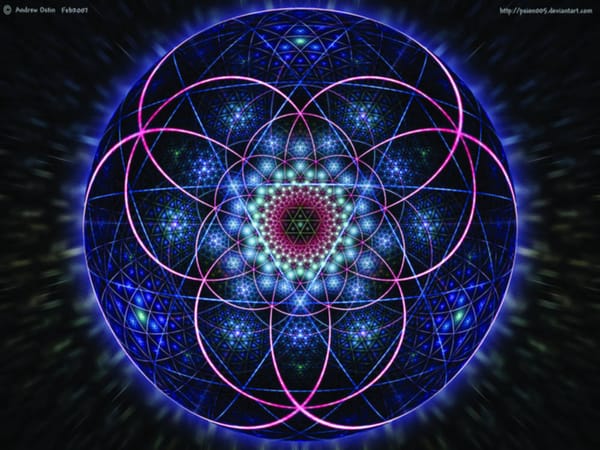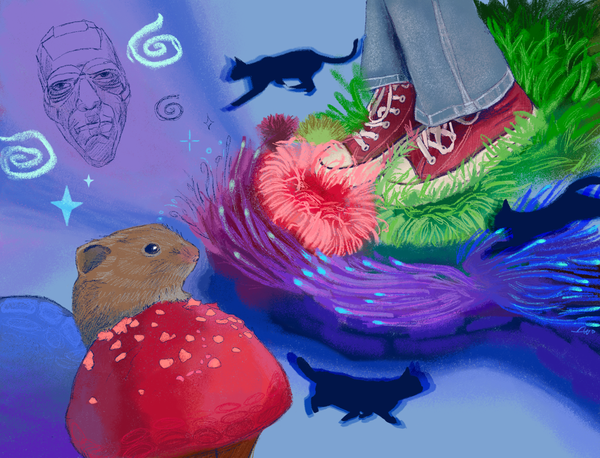Why does it always rain on me?
It’s not because you lied when you were seventeen. Sam Furse discusses Britain’s recent drought, floods and the plight of the blue whale

Like recovering alcoholics everywhere, Britain has woken up to the declaration of droughts in several parts of the Kingdom. Queendom. Whatever it is – it is dry. It is also the first half of June after a stinking cold winter. It is tempting to strike up something British and indignant about why the weather is what it is and how exacerbating, inexplicable or inconvenient it is. Although British, I am also a scientist and am going to take that perspective.
Suspiciously, or perhaps not, climate change scientists have yet to be questioned publically about this. This might seem reasonable in some contexts: questioning them as though they are any more responsible for climate change than the rest of us is unreasonable. So far water companies and the Department for the Environment have been bullied about it on the BBC’s Today programme, but that is only really about short-term measures for human water consumption. What about the more serious long-term aspects?
The IPCC and others have published data suggesting that the changes to our atmosphere will result in an increase in the average temperature of the Earth. This makes sense given what we know about the physical behaviour of methane and carbon dioxide. Although the mean temperature is predicted too imperceptibly to the average person (0.5 °C), there will be a decrease in cold weather and an increase in the number of hot periods. This is mathematically rational too. However, we were told that Britain’s climate would become warmer and wetter. Of course, warmer makes sense but that hardly reconciles with the fact that we’ve just had the coldest winter in years.
The wetter climate is also ponderable. How is this so? We have flooding in parts of the country that have not seen such weather conditions before, but how often these places have witnessed flooding throughout their entire history is not clear. It is slightly hard to work out what this means. First, meteorologists seem to tout the idea that how wet something is is entirely determined by how often water is poured onto it by natural means. This means that places like Antarctica (made of ice – for the time being anyway) and the Atacama desert next to the Pacific Ocean are amongst the driest on the planet. So, does wetter mean wetter or watered?
We are in drought before spring is even (legally) over – that rather rails against wetness, either by being poured on or by being wet.
I do not doubt that the climate is changing – it is a certainty even based on the chemistry alone. But are we losing sight of it all just a bit? Apart from a 0.5 °C increase in temperature which is common knowledge, the glaciological definition of ‘ice age’ means we are in the middle of one at the moment. We are also in the middle of a mass-extinction event. In Earth’s history the oceans have been filled with water-soluble iron oxides and there have been tropical forests at the poles.
So how seriously do we take this? It is a crying shame that the blue whale, the largest animal ever to have lived on the Earth, will be extinct in the next couple of thousand years because whaling has reduced numbers and thus the genetic diversity to 1% of what it was even 500 years ago.The opposite point is that evolution cannot stand still. Like language, politics and even reality television, it has to change and move. The loss of amazing and boring species alike makes room for new ones. It is sad that the dinosaurs disappeared, but without that happening, there would have been no room for the blue whale or us, come to that.










